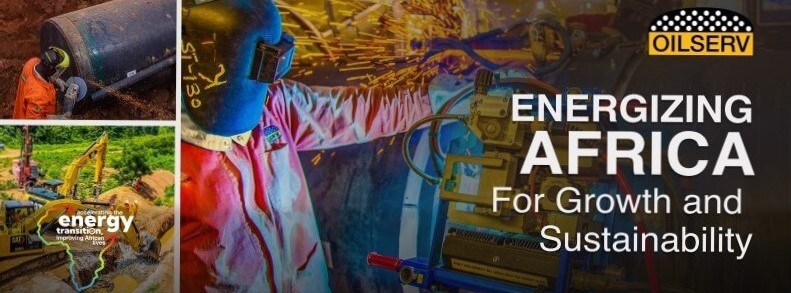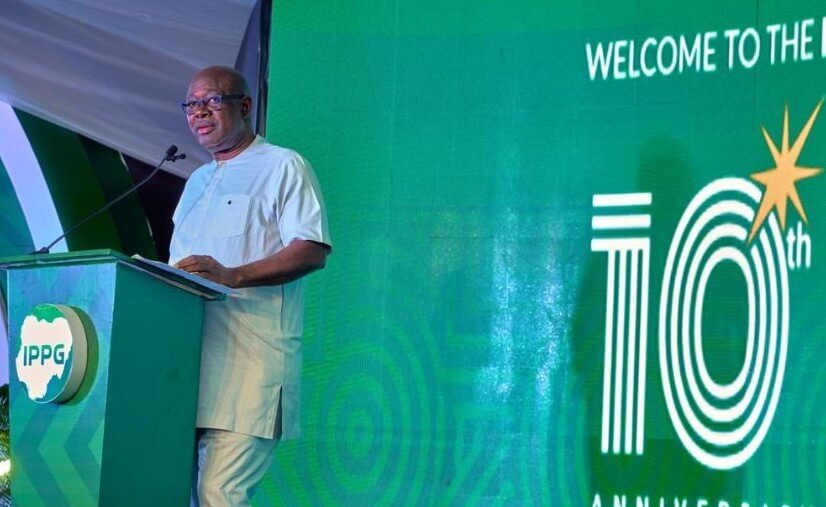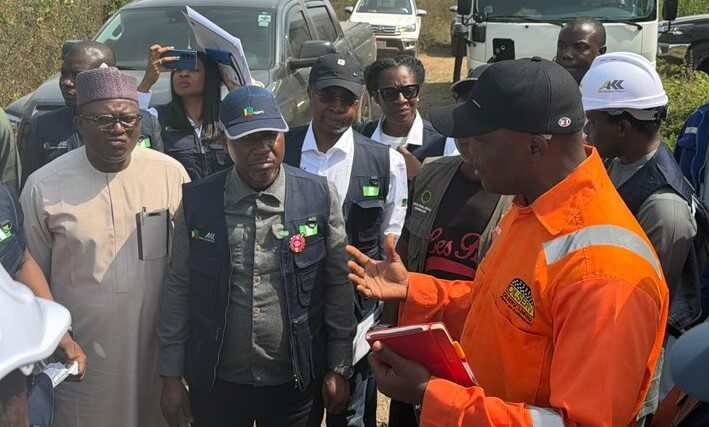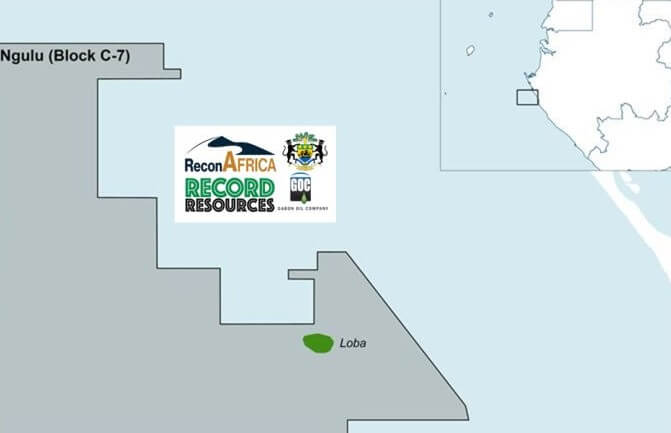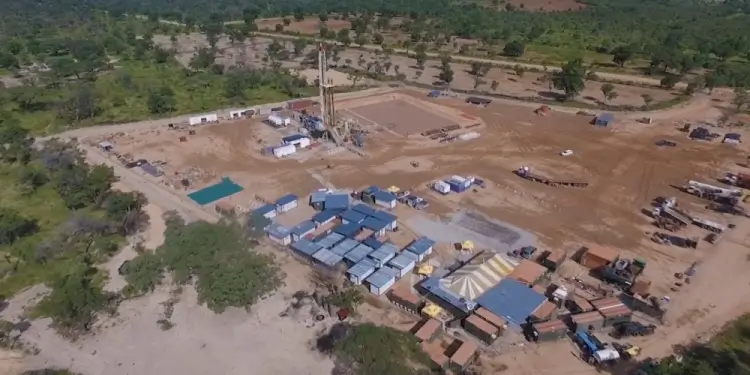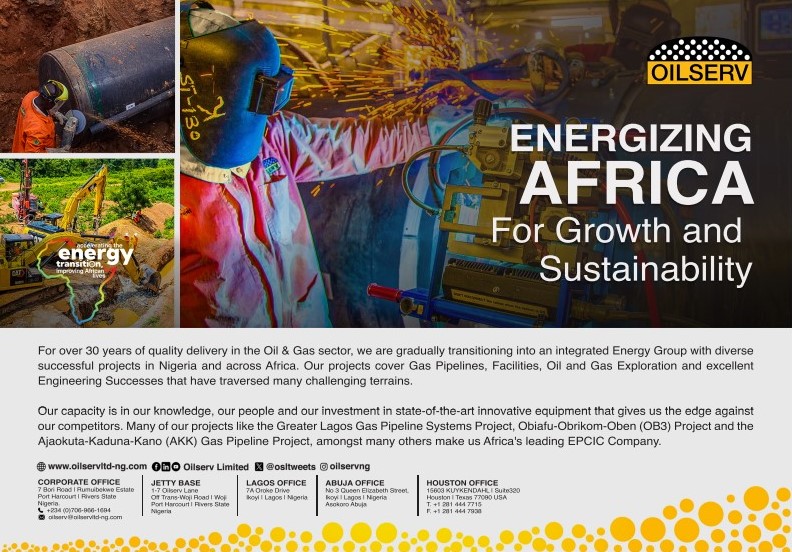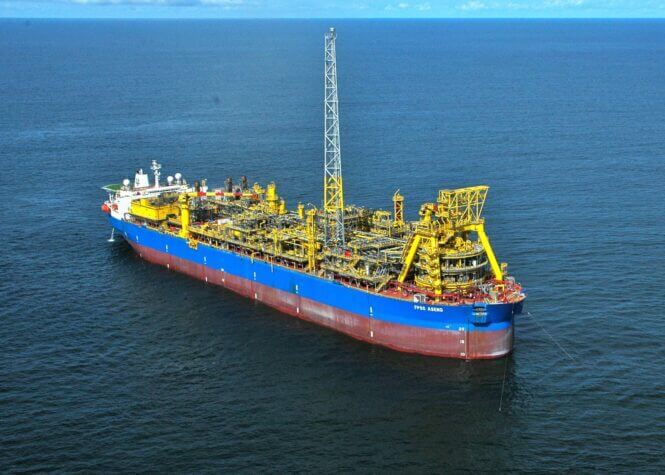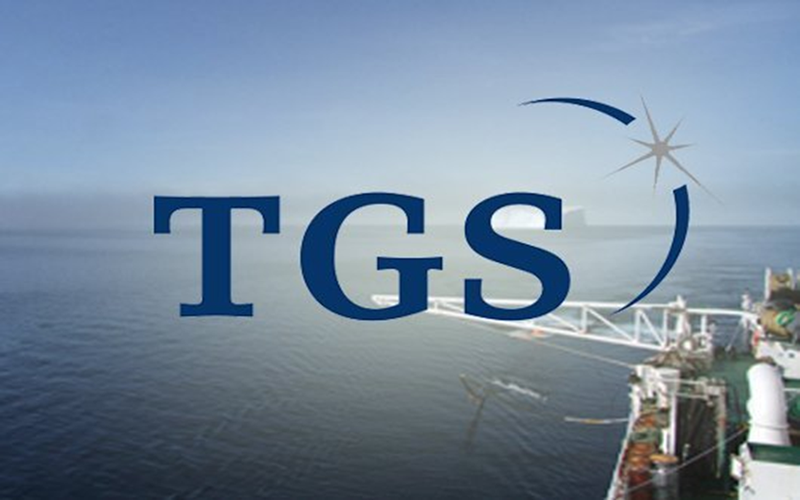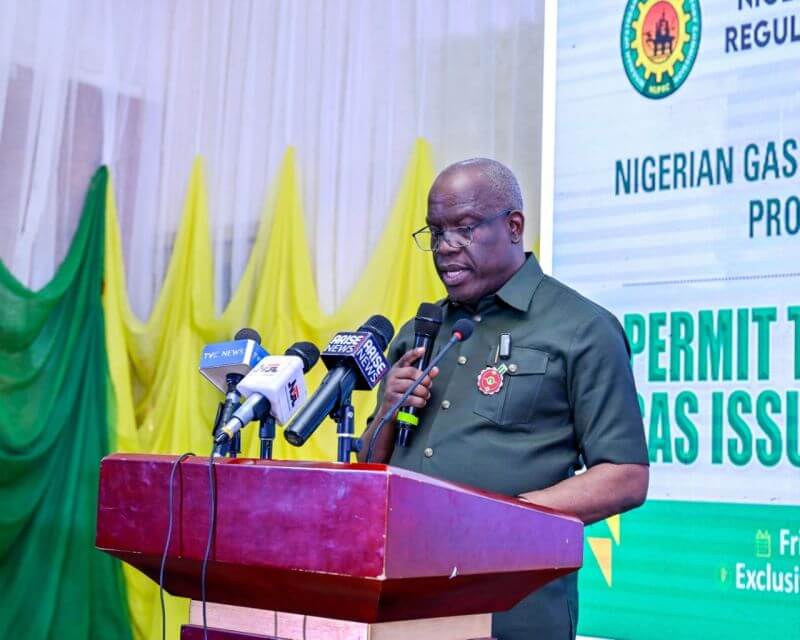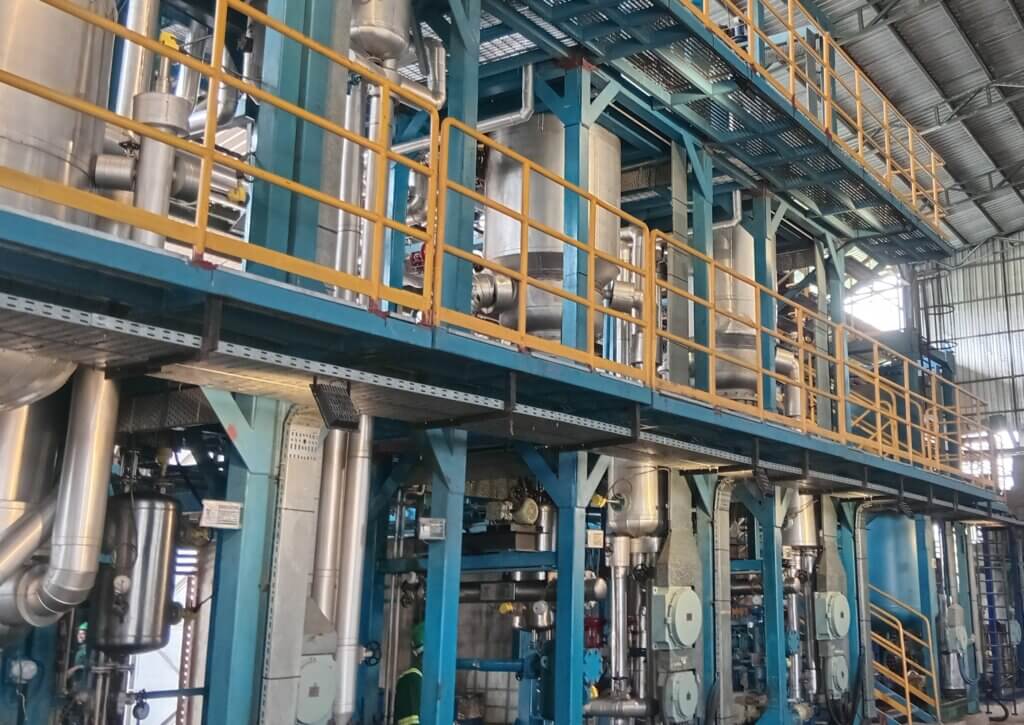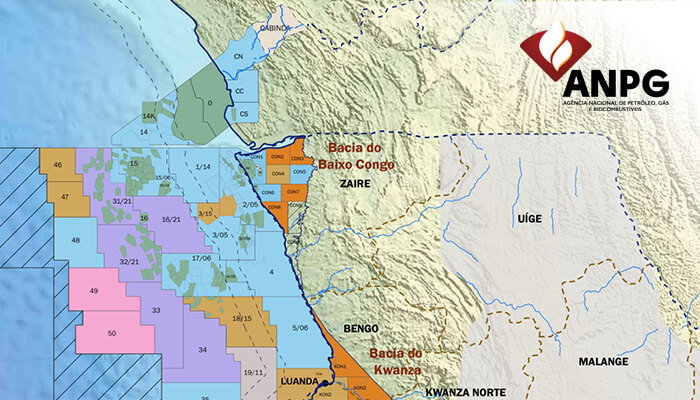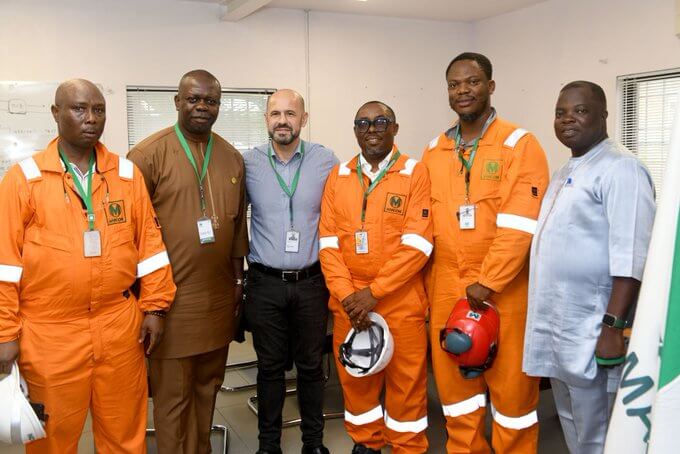
Uganda has recently granted environmental approval for a $3.5 billion pipeline to export crude oil from western fields to the Indian Ocean coast in Tanzania, irrespective of perceived environment adverse implications.
Conversely, The Chad 1,070 kilometre crude export pipeline facility, which pumps crude oil from three fields in the southwest of the country to a floating facility 11 km off the Cameroon coast town of Kribi, has been of huge economic source on revenue generation to Cameroon since first oil was pumped in 2003
There are insinuations from various civil right groups that the Uganda- Tanzania proposed pipeline construction, from fields co-owned by France’s Total and China’s CNOOC, will cause serious damages to sensitive ecological systems including wildlife-rich areas, rivers and swampland that are catchments for Lake Victoria. International and local environmental groups including Global Witness say it poses unacceptable risks according to information available with reuters.
Although these insinuations have been debunked by Uganda’s state-run National Environment Management Authority (NEMA) disclosing the fact that it had issued a certificate of approval for the environmental and social impact assessment report submitted by Total. NEMA’s executive director Tom Okurut said the environmental authority would keenly monitor construction to ensure the health and safety of the communities, workers and environment.
The economic and financial rake of Chad – Cameroon pipeline infrastructure is not farfetched. Cameroon’s Pipeline Steering and Monitoring Committee (PSMC), has recently reported that the revenue raked by the pipeline infrastructure is up by 2.5% year-on-year. Over the same period in 2019, the country collected $55Million (XAF29.97Billion) as transit fees.
The committee reports further stated that 39.91Million barrels of crude oil were transported from the Komé-Kribi terminal in southern Cameroon in the first 10 months of the 2020 fiscal year, compared with 38.79Million barrels during the same period in 2019 representing an increase of 3% barrels of crude oil transported with the period interval. This improvement is the result of increased production from new shippers in Chad, namely PétroChad Mangara, China International Petroleum Company Inc. Chad and Overseas Private Investment Corporation.
Considering the above accrued revenue gains in the economy of Cameroon, Ugandans should douse the prevailing social tension and focus on economic advantages expected from such infrastructural development. According to Dickens Kamugisha, head of the Kampala-based Africa Institute for Energy Governance, there was insufficient public consultation and his advocacy group would challenge NEMA’s ruling in court.
“This is a project that is going to cross dozens of swamps and other fragile ecological areas that are already being stressed by the impact of climate change,” he told Reuters.
The Uganda – Tanzania 1,445 km (900 mile) pipeline infrastructure, which will run to Tanga port in Tanzania, is key to landlocked Uganda’s start of commercial oil production and this will invariably turn around the economic fortune of the East African country. Tanzania had already given its approval; the Ugandan stamp means the project now has environmental impact certification for its entire length.
Uganda has discovered an estimated oil reserve of 6 billion in the Albertine rift basin in 2006 and President Yoweri Museveni’s Ugandan government has indicated production will start at the earliest in 2022 but production has been repeatedly snagged by disagreements with foreign oil companies over taxes and development strategy.
Chad ranks as the tenth-largest oil reserve holder among African countries, with 1.5 billion barrels of proven reserves as of 2018 and production of over 140,000 barrels per day in 2020. Petroleum is Chad’s primary source of public revenue, and around 90 percent of oil production is exported. Chad’s oil production is dominated by the China National Petroleum Company in Chad (CNPCIC), the ExxonMobil-led Esso Exploration & Production Chad Inc. (EEPCI) consortium, Glencore, and Taiwanese Chinese Petroleum Corp (operating as OPIC).













